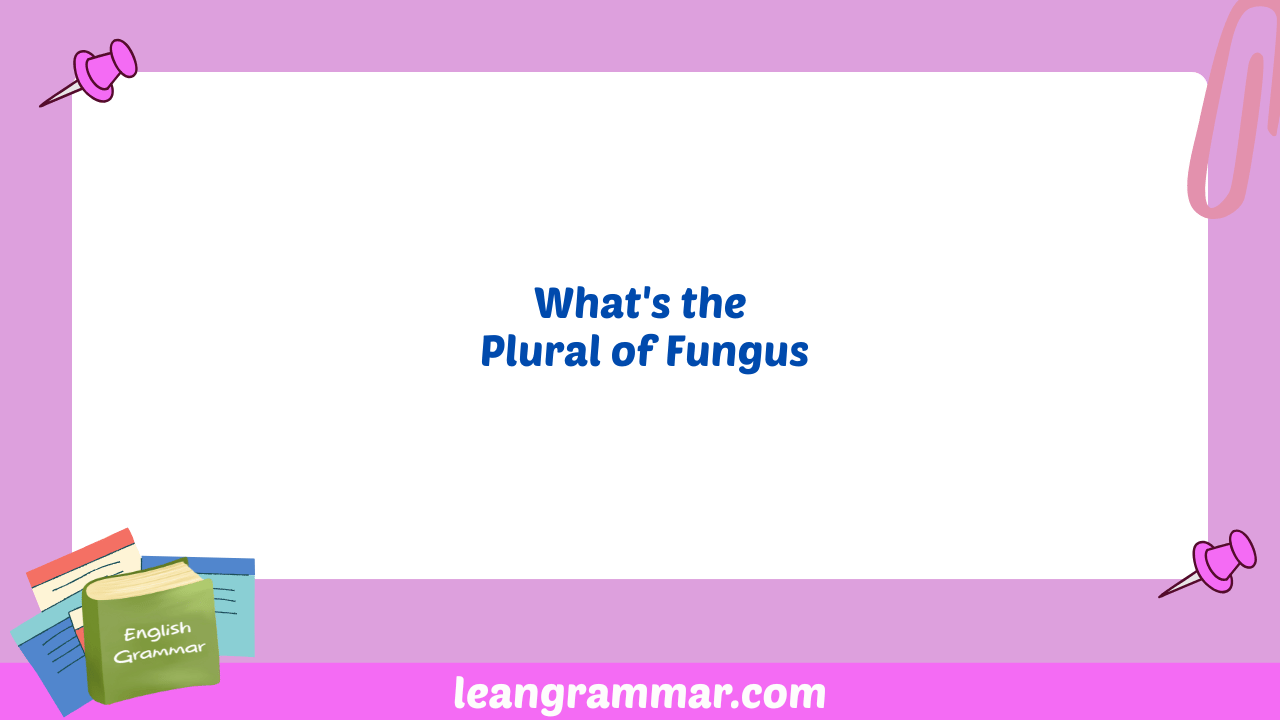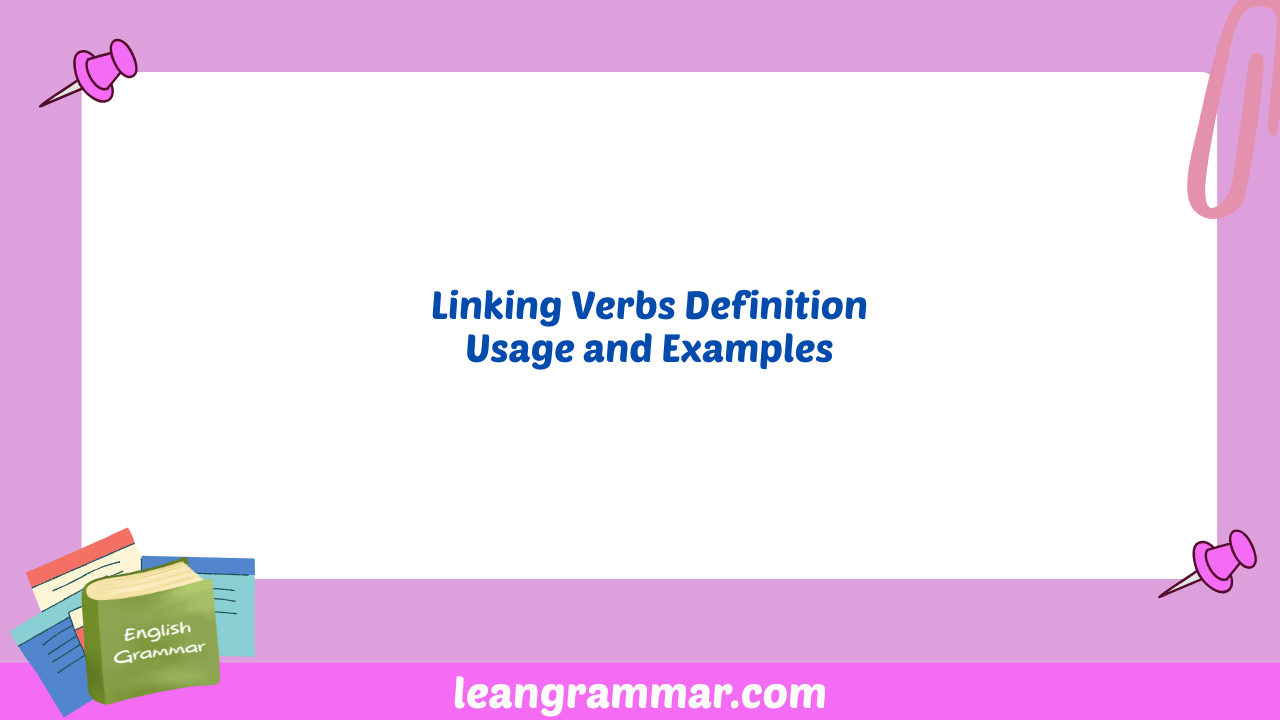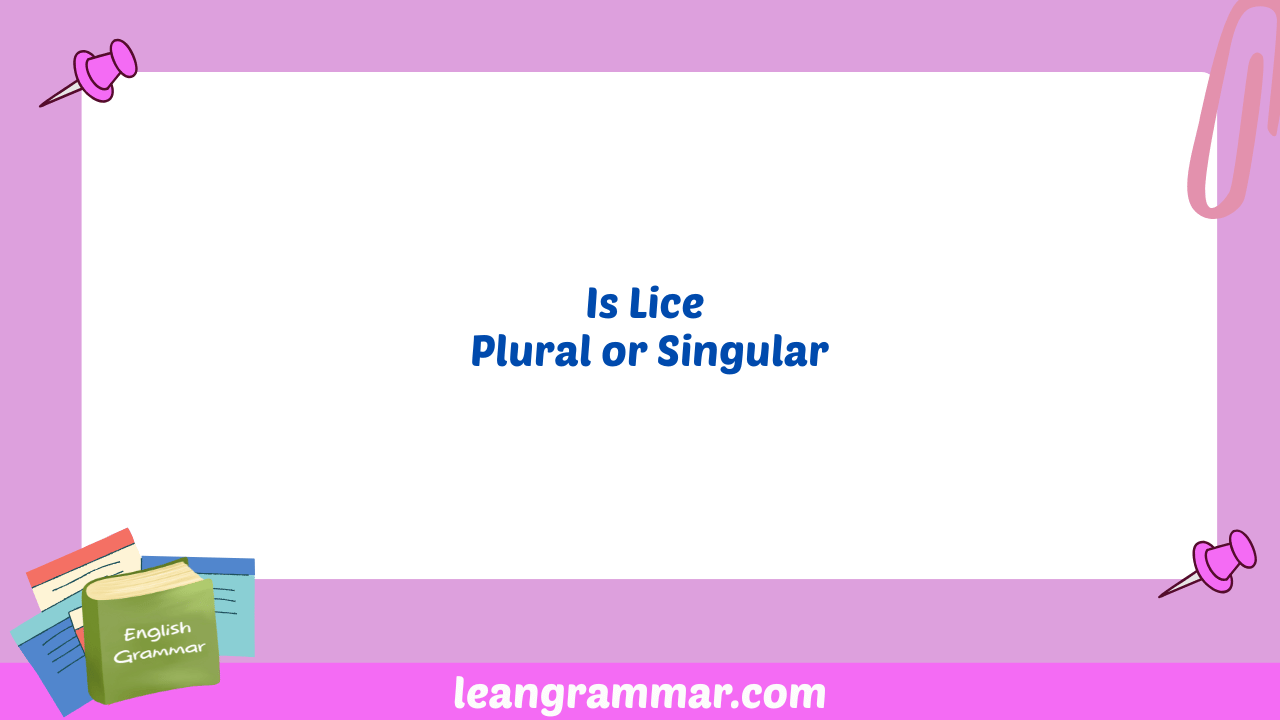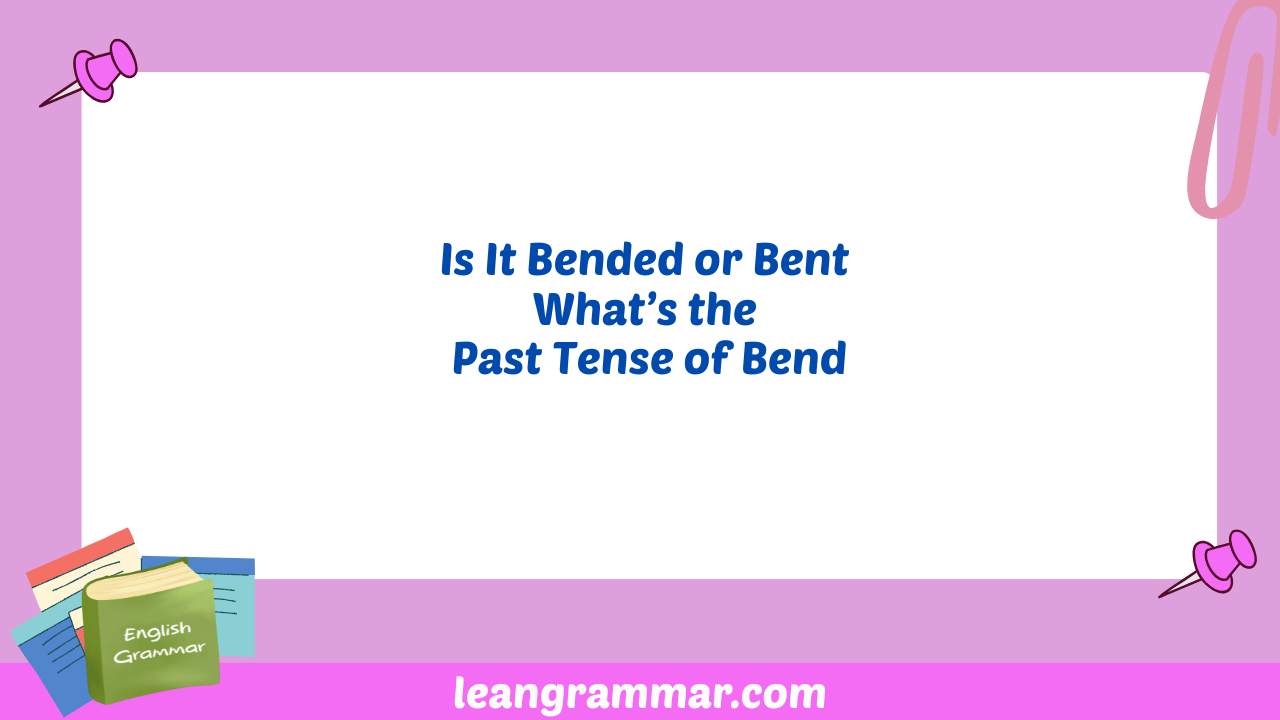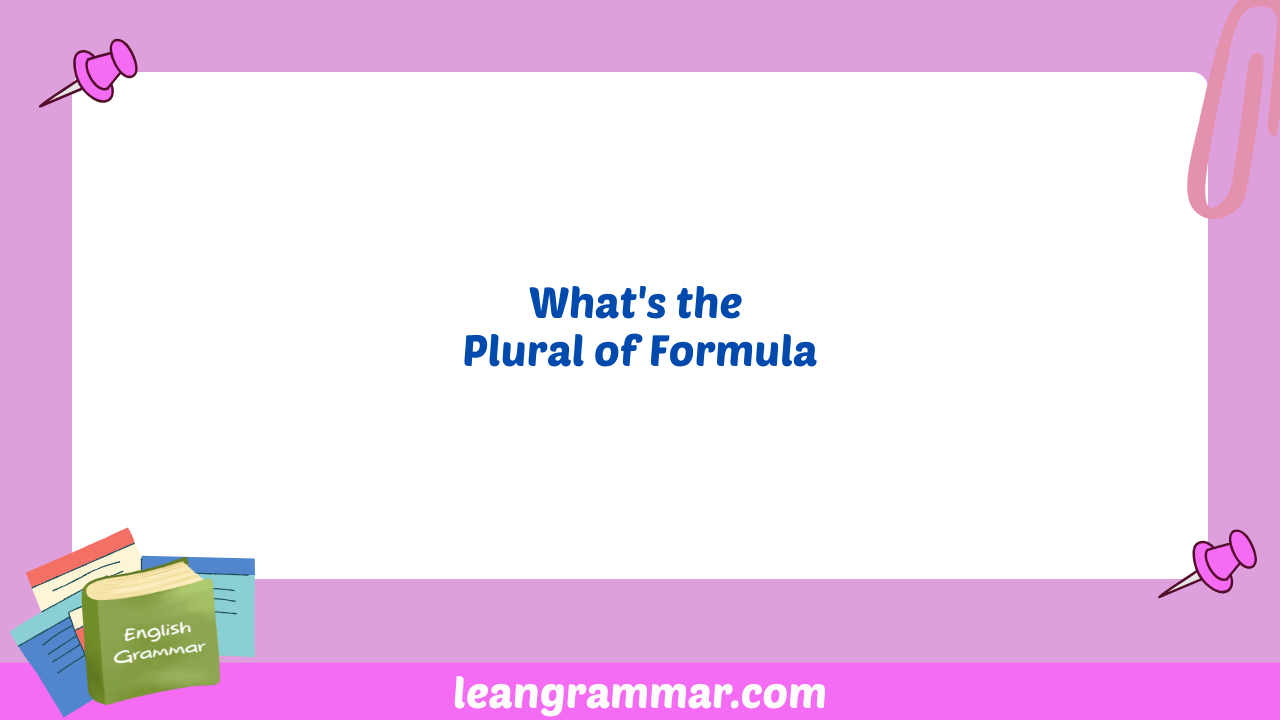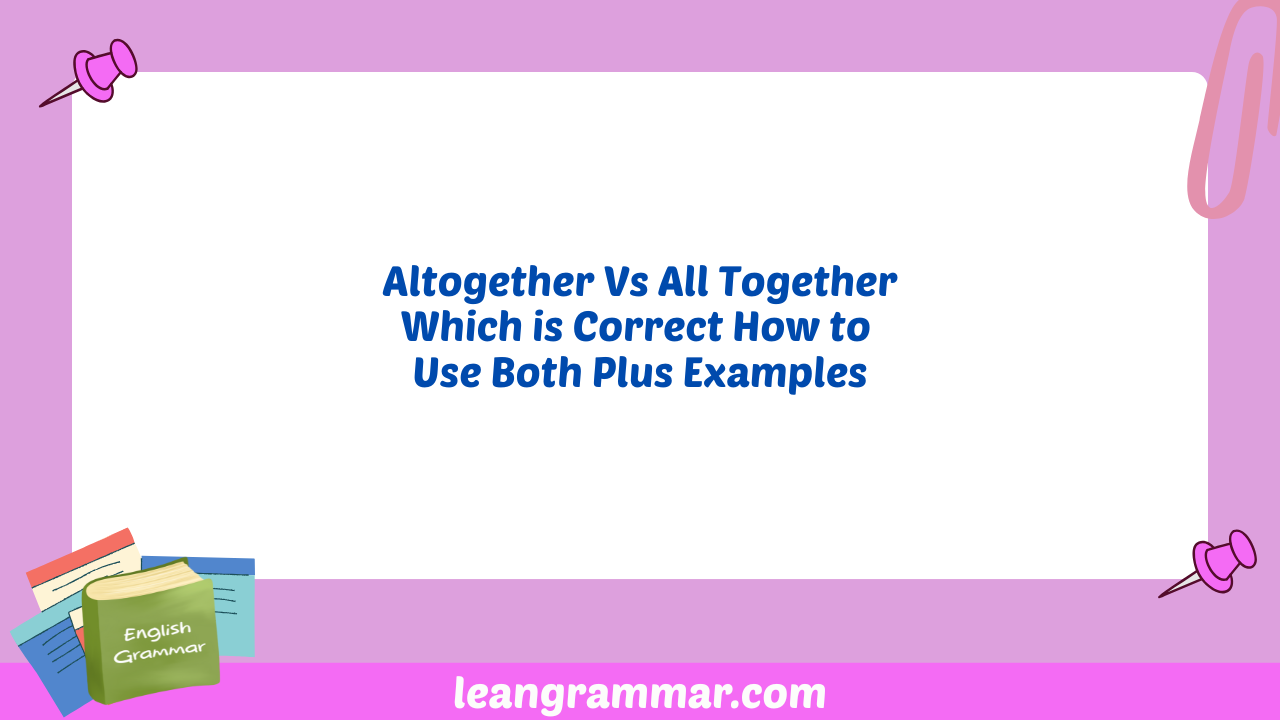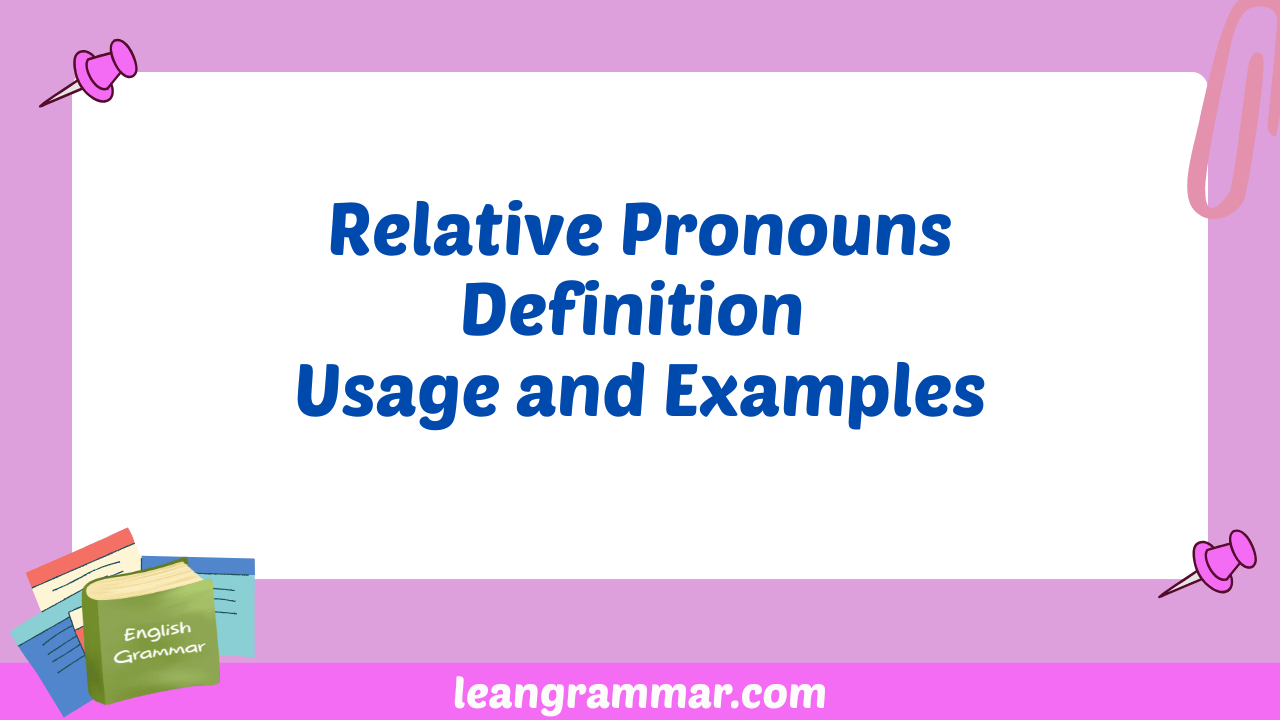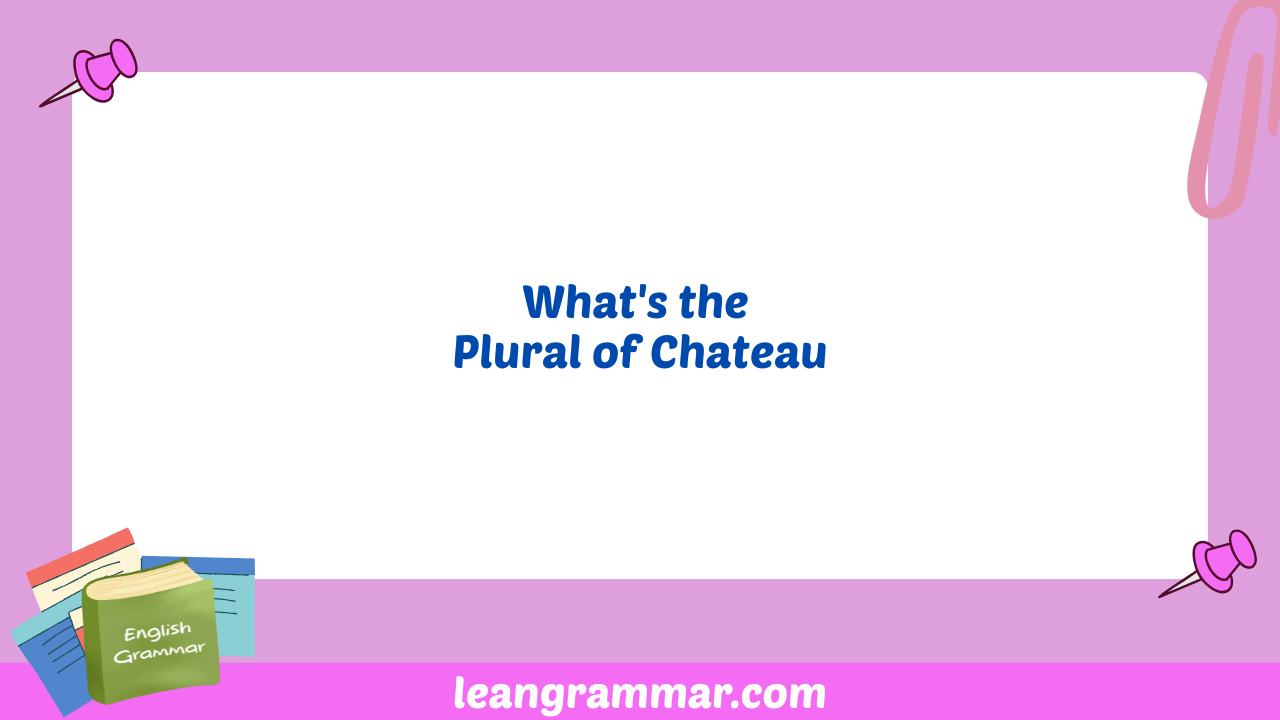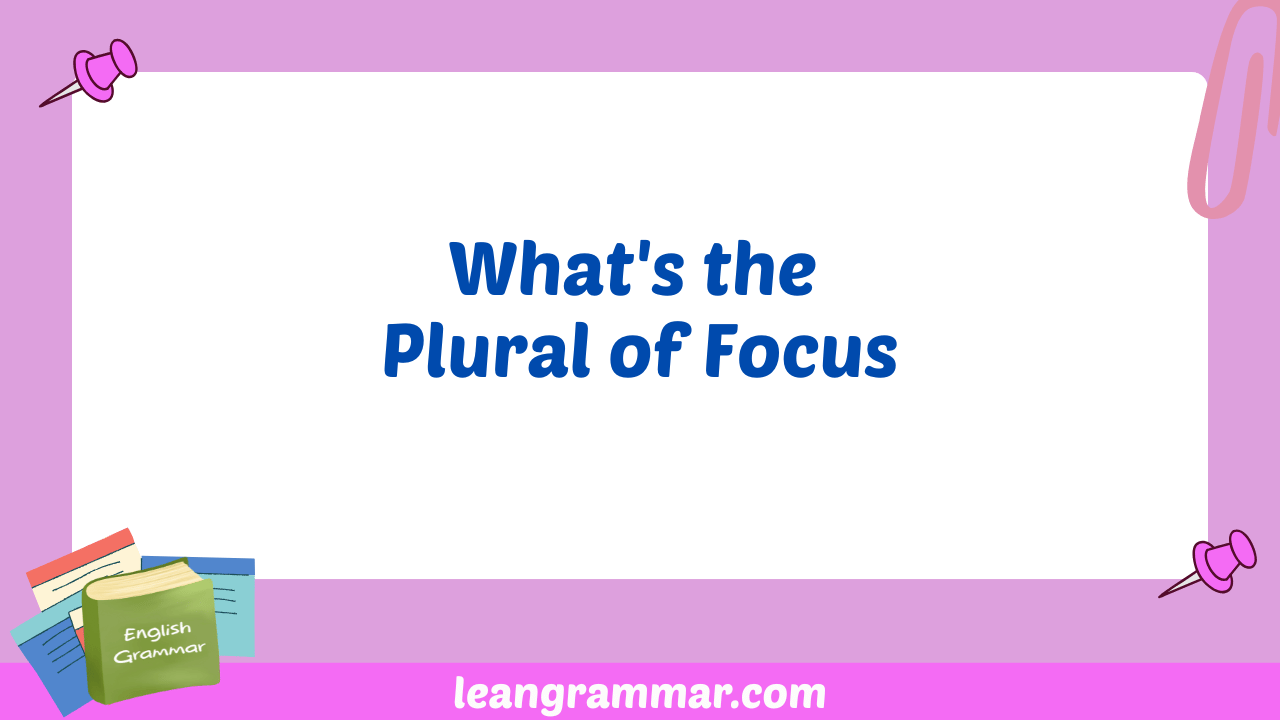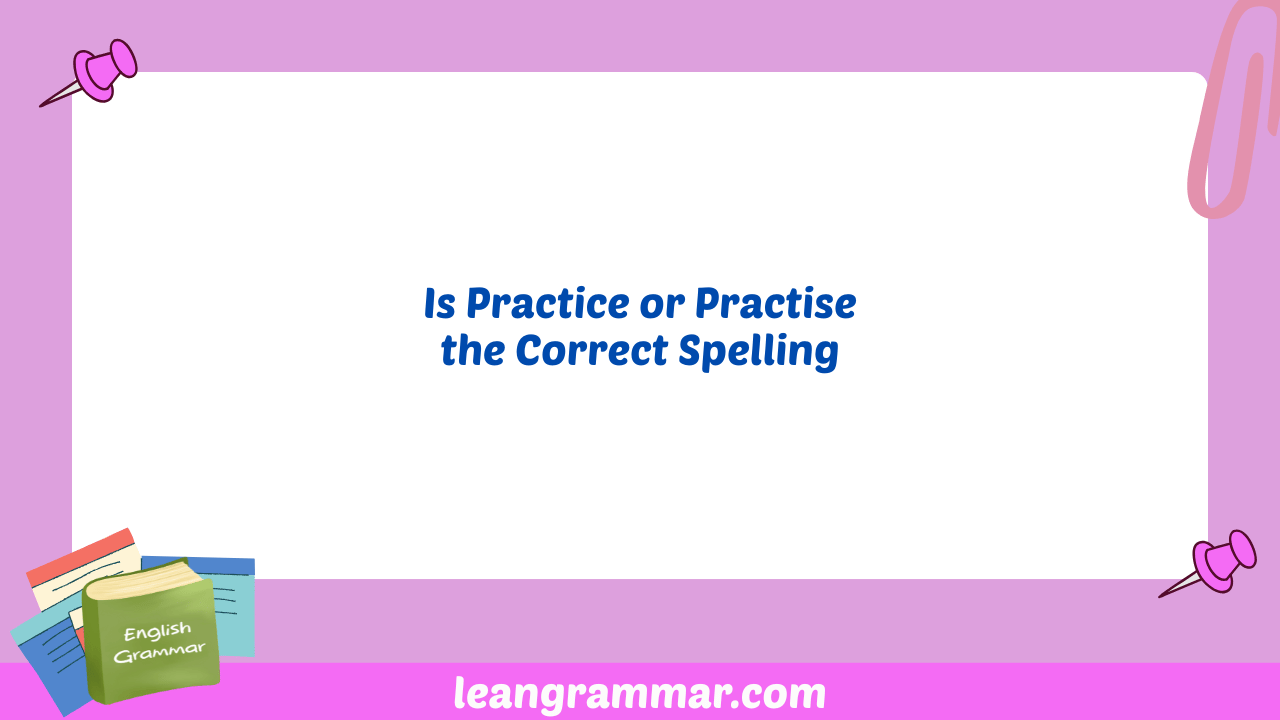Fungus Plural: Mastering ‘Fungi’ and Other Forms
Understanding the plural form of “fungus” is crucial for clear and accurate communication in both scientific and everyday contexts. While “fungi” is the most commonly accepted plural, the nuances of its usage, along with alternative forms, often confuse English language learners and native speakers alike. This article provides a comprehensive guide to the pluralization of … Read more
